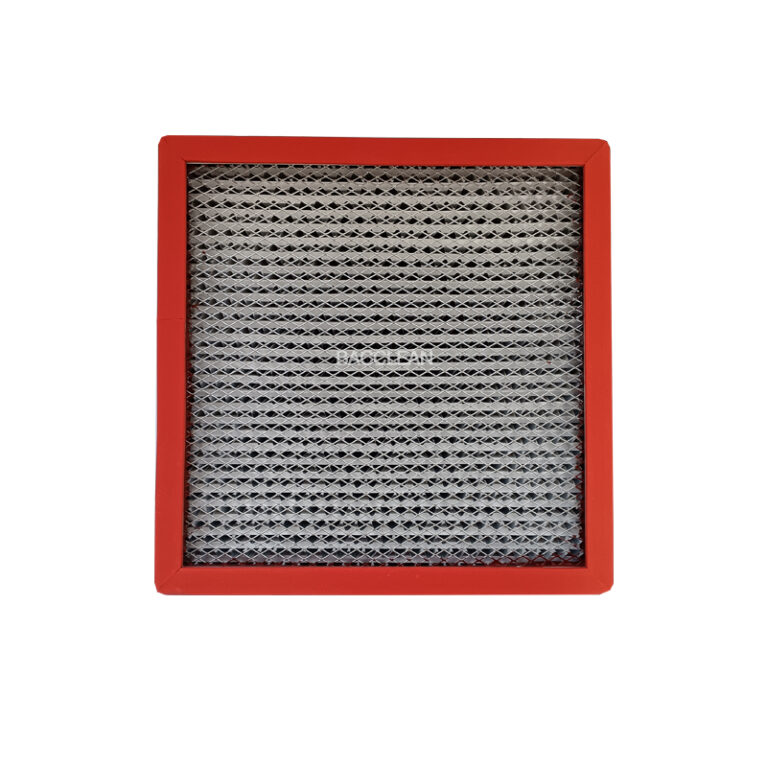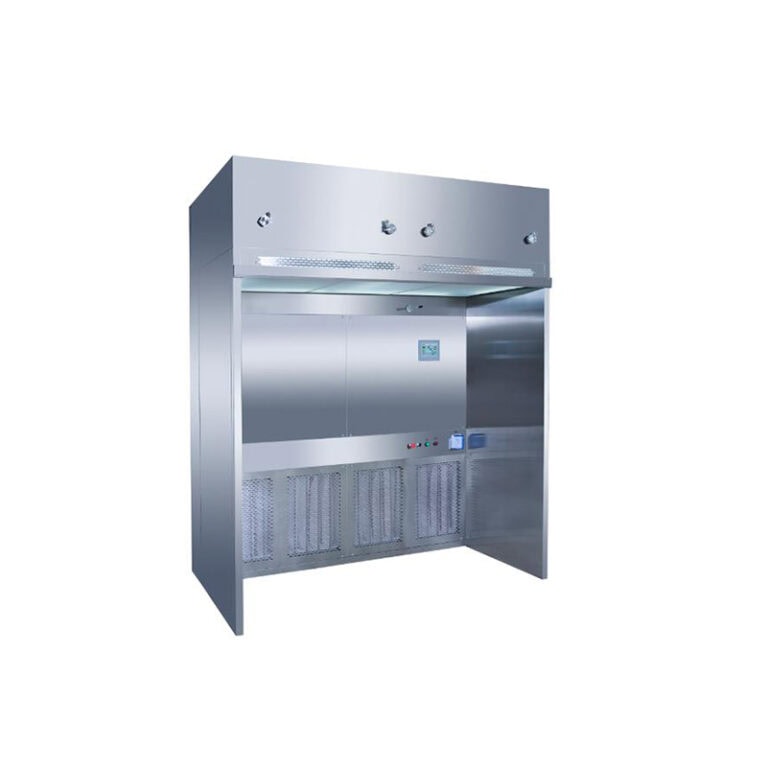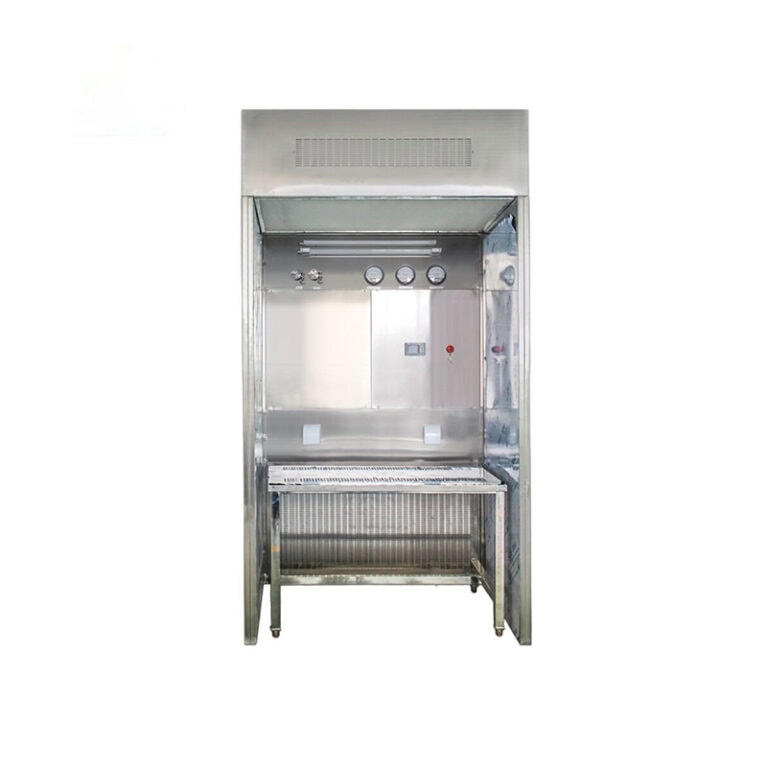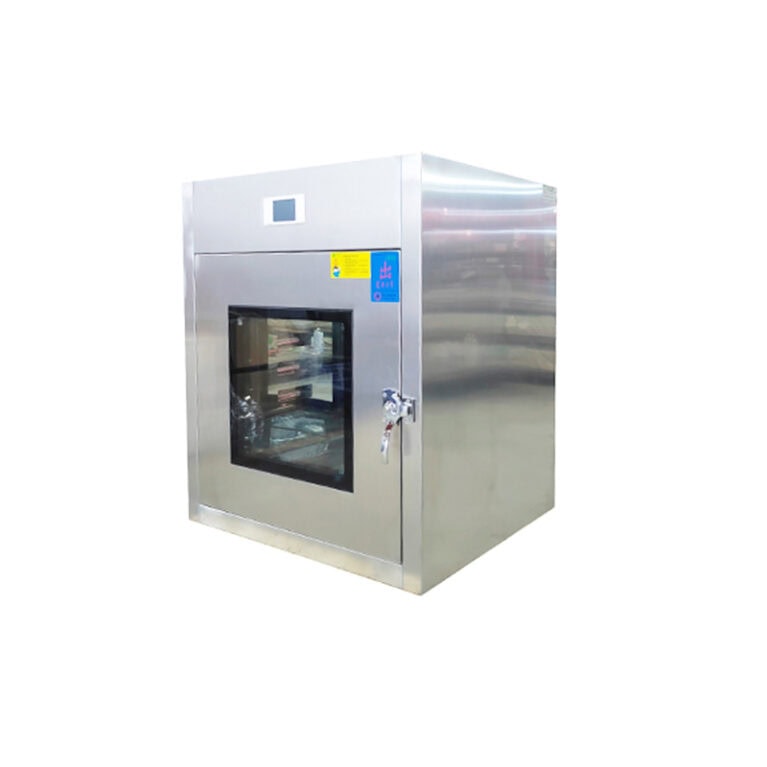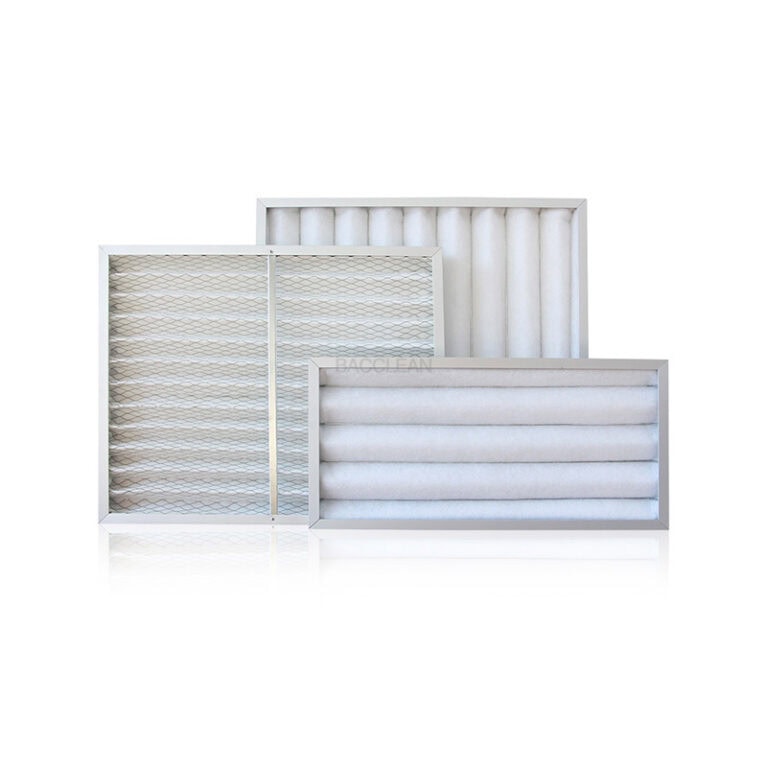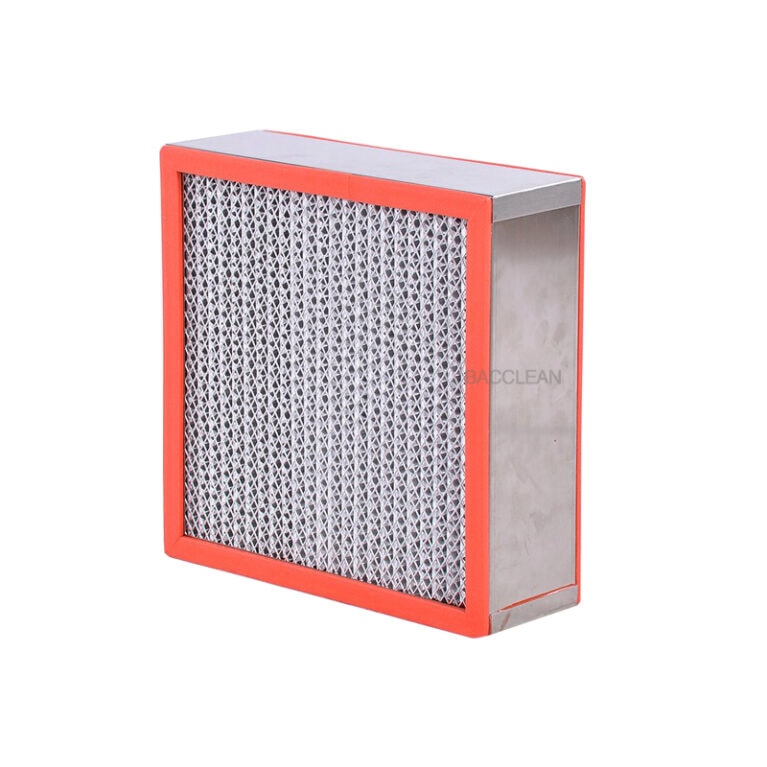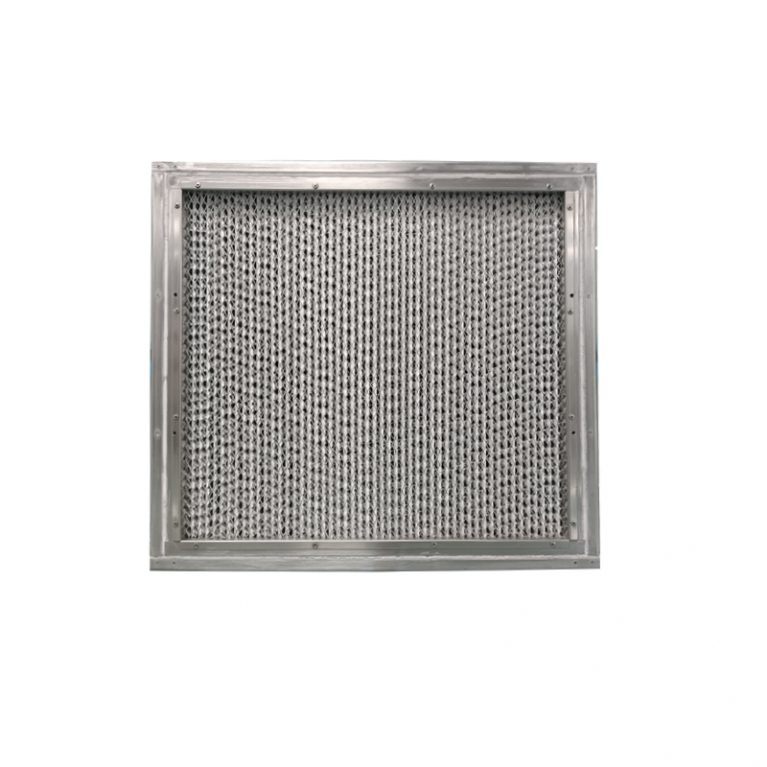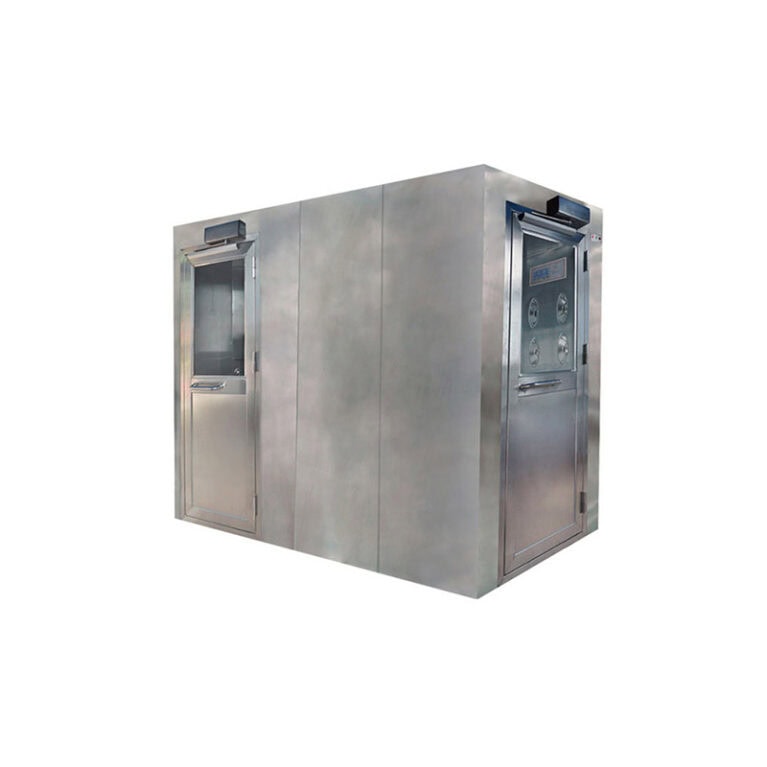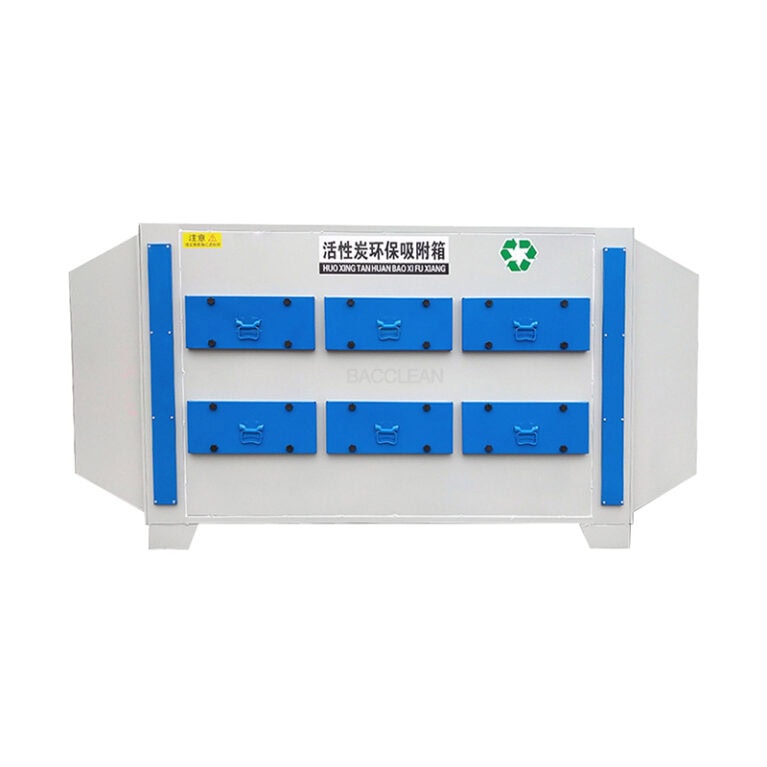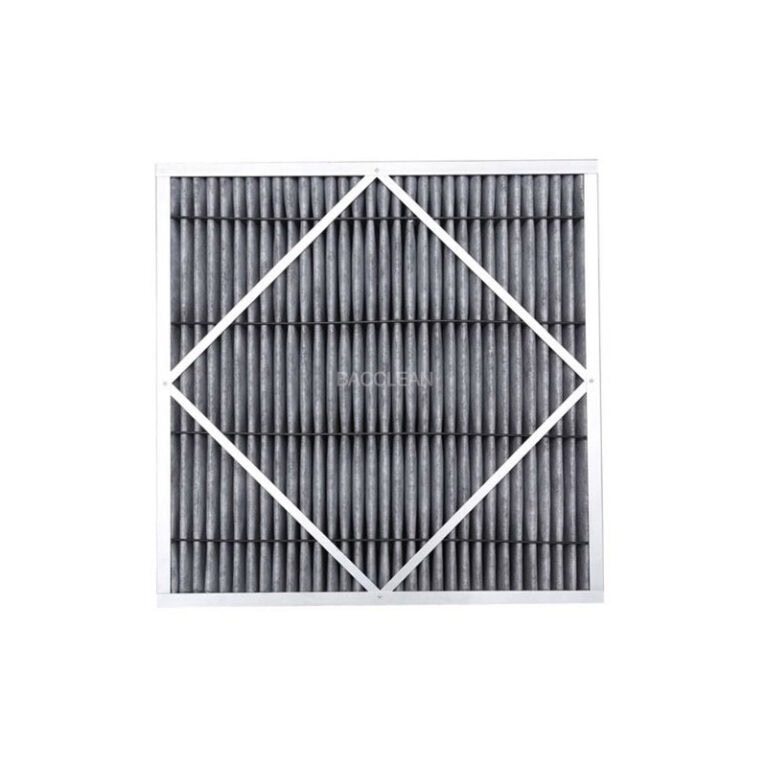Liquid trough air filters, with their unique structural design and material properties, have significant advantages in the field of air purification, especially suitable for scenarios with extremely high requirements for cleanliness and sealing performance. Its core advantages are as follows:
It has extremely strong sealing performance and an extremely low leakage rate
This is the core advantage of the liquid tank filter.
A flexible seal is formed between its frame and the installation frame through a liquid groove sealant (such as silicone gel, polyurethane glue, etc.): when the filter is embedded in the frame, the sealant will tightly fill all the gaps after being squeezed. Even if the equipment vibrates slightly or the frame deforms slightly due to temperature changes, it can still maintain a gap-free fit.
Compared with traditional mechanical compression seals (which rely on hard fixation such as bolts and clips and are prone to micro-cracks due to uneven stress), the leakage rate of liquid trough seals can be reduced to less than 0.001%, almost eliminating the risk of “side leakage” and ensuring that 100% of the air entering the clean space is filtered.
2. High filtration efficiency, suitable for ultra-clean scenarios
The filter media mostly adopt ultra-fine glass fiber filter paper or PTFE-coated materials, which have small pore sizes (capable of capturing particles ranging from 0.1 to 0.3μm) and large specific surface areas. Combined with multiple filtration mechanisms such as interception, diffusion, and inertial collision, the filtration efficiency for tiny particles can reach over 99.9995% (such as H14 grade and above).
It can effectively remove dust, bacteria, viruses, aerosols, and other pollutants in the air, meeting the ultra-high cleanliness requirements of Class 1 (ISO 1) clean rooms, sterile operating rooms, etc.
3. Easy to install, reducing human operation errors
During installation, there is no need for complex mechanical fixation (such as tightening bolts or adjusting pressure). Just insert the filter frame into the installation groove pre-filled with sealant, and the sealing can be completed by its weight and slight pressure, greatly simplifying the process.
It avoids the local leakage problem caused by “uneven installation force” in traditional sealing methods, reduces the reliance on the professional skills of installers, and improves the construction efficiency and reliability.
4. Strong durability and long service life
The sealant is specially formulated and designed to withstand a temperature range of -20℃ to 80℃. It has strong resistance to chemical corrosion (can adapt to acidic and alkaline environments with a pH of 2 to 12), is not prone to aging, hardening, or cracking, and has a service life of over 10 years.
The filter frames are mostly made of anodized aluminum or stainless steel, with diamond-shaped steel plate mesh support on the surface. They have strong anti-deformation and anti-rust capabilities and can work stably for a long time in high-humidity and dusty environments.
5. Low maintenance cost and wide adaptability
The sealant does not need to be replaced frequently, and the filter itself has a stable structure. Daily maintenance only requires regular detection of the filtration efficiency (such as random checks through a particle counter), without the need to invest additional costs in the sealing components.
There are various size specifications (such as 484×484mm, 610×610mm, etc.), which can be adapted to cleanroom air conditioning systems of different specifications, meeting the customized needs of multiple industries such as electronics, medicine, and food.
In conclusion, the liquid tank air filter, with its combined advantages of “high sealing + high efficiency + easy installation + long service life”, has become the core filtration equipment in ultra-clean environments (such as chip workshops, sterile operating rooms, and biosafety laboratories), ensuring the stability and reliability of air cleanliness from the source.
